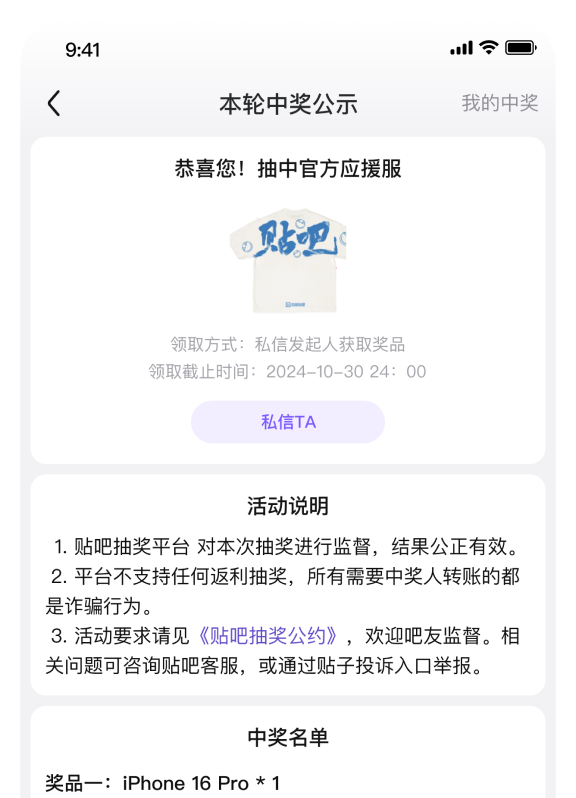在康德的《纯粹理性批判》中,“先天综合判断,为什么是可能的”这一命题,至关重要。但是,可能翻译错了。a priori这个词,似乎应译为:天生的。这样,先天综合判断,就应译为:天生综合判断。
天这个字,在中文中,与道、神、上帝等有关。而“先天”与“天生”,在中文中的意义,有重复部分,这里用天生更清楚些。
证据:康德《纯粹理性鉴定2》(旧译批判):
Knowledge of this kind is called a priori,
in contradistinction to empirical knowledge, which has its sources a posteriori, that is, in experience.
这种知识,就被称为天生(a priori)的知识,以区别于经验性的知识,后者的源泉,是后天的(a posterior),亦即是在经验中的。
But the expression, "a priori," is not as yet definite enough adequately to indicate the whole meaning of the question above started.
但是,对于上述问题的全部意义,“天生的”这个词,并不能完全地、确切地指出。
For, in speaking of knowledge which has its sources in experience, we are wont to say, that this or that may be known a priori, because we do not derive this knowledge immediately from experience, but from a general rule, which, however, we have itself borrowed from experience.
因为,有些知识,源于经验,在谈及它们时,我们习惯于说,这个或那个知识,是可以天生地被认识到的,因为,我们并不是从经验中,直接导出该知识的,而是从普遍规则中得出的,而规则本身,则是我们从经验中借来的。
Thus,if a man undermined his house, we say, "he might know a priori that it would have fallen;" that is, he needed not to have waited for the experience that it did actually fall.
这样,如果一个人挖自己房子的墙角,我们会说:“他应该天生地知道,房子会塌”,也就是说,他不用等到这房子真塌了,才会获得这个经验。
But still, a priori, he could not know even this much.
然而,他毕竟不能完全天生地知道这一点。
For, that bodies are heavy, and, consequently, that they fall when their supports are taken away, must have been known to him previously, by means of experience.
因为,物体有重量,所以,如果支撑物被抽掉了,它们就会倒下;之前,凭借经验,他应该对此有所认识。
By the term "knowledge a priori," therefore, we shall in the sequel understand, not such as is independent of this or that kind of experience, but such as is absolutely so of all experience .
因此,在后文中,对于“天生的知识”这个术语,我们不是把它理解为:与这种或那种经验无关的知识,而是理解为:对所有经验都绝对如此的知识。
上面这段中,如果译成先天,不如天生。
原因分析:
外语理解错误,第一个译者翻译成先天后,后面的人不敢改。
硬译,整本书变成了由汉字组成的一门新外语。
就算个别读者,有所怀疑,面对专家、教授、哲学大师,也不敢贸然提出质疑。
康德如此,整个哲学翻译恐怕也如此,甚至,整个学术翻译,不论文科理科,恐怕都存在类似情况。
天这个字,在中文中,与道、神、上帝等有关。而“先天”与“天生”,在中文中的意义,有重复部分,这里用天生更清楚些。
证据:康德《纯粹理性鉴定2》(旧译批判):
Knowledge of this kind is called a priori,
in contradistinction to empirical knowledge, which has its sources a posteriori, that is, in experience.
这种知识,就被称为天生(a priori)的知识,以区别于经验性的知识,后者的源泉,是后天的(a posterior),亦即是在经验中的。
But the expression, "a priori," is not as yet definite enough adequately to indicate the whole meaning of the question above started.
但是,对于上述问题的全部意义,“天生的”这个词,并不能完全地、确切地指出。
For, in speaking of knowledge which has its sources in experience, we are wont to say, that this or that may be known a priori, because we do not derive this knowledge immediately from experience, but from a general rule, which, however, we have itself borrowed from experience.
因为,有些知识,源于经验,在谈及它们时,我们习惯于说,这个或那个知识,是可以天生地被认识到的,因为,我们并不是从经验中,直接导出该知识的,而是从普遍规则中得出的,而规则本身,则是我们从经验中借来的。
Thus,if a man undermined his house, we say, "he might know a priori that it would have fallen;" that is, he needed not to have waited for the experience that it did actually fall.
这样,如果一个人挖自己房子的墙角,我们会说:“他应该天生地知道,房子会塌”,也就是说,他不用等到这房子真塌了,才会获得这个经验。
But still, a priori, he could not know even this much.
然而,他毕竟不能完全天生地知道这一点。
For, that bodies are heavy, and, consequently, that they fall when their supports are taken away, must have been known to him previously, by means of experience.
因为,物体有重量,所以,如果支撑物被抽掉了,它们就会倒下;之前,凭借经验,他应该对此有所认识。
By the term "knowledge a priori," therefore, we shall in the sequel understand, not such as is independent of this or that kind of experience, but such as is absolutely so of all experience .
因此,在后文中,对于“天生的知识”这个术语,我们不是把它理解为:与这种或那种经验无关的知识,而是理解为:对所有经验都绝对如此的知识。
上面这段中,如果译成先天,不如天生。
原因分析:
外语理解错误,第一个译者翻译成先天后,后面的人不敢改。
硬译,整本书变成了由汉字组成的一门新外语。
就算个别读者,有所怀疑,面对专家、教授、哲学大师,也不敢贸然提出质疑。
康德如此,整个哲学翻译恐怕也如此,甚至,整个学术翻译,不论文科理科,恐怕都存在类似情况。





